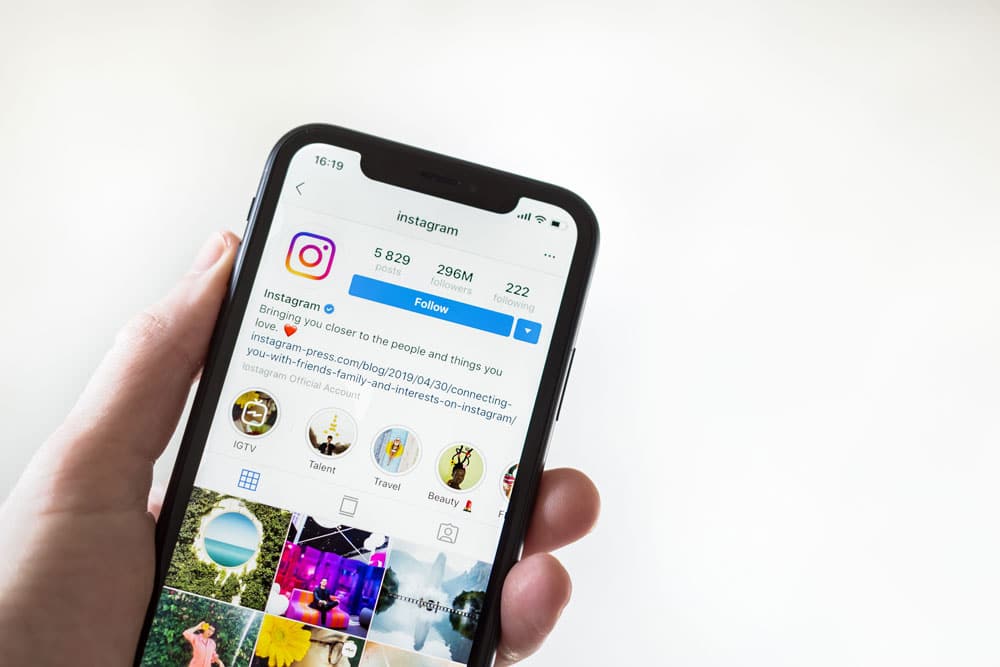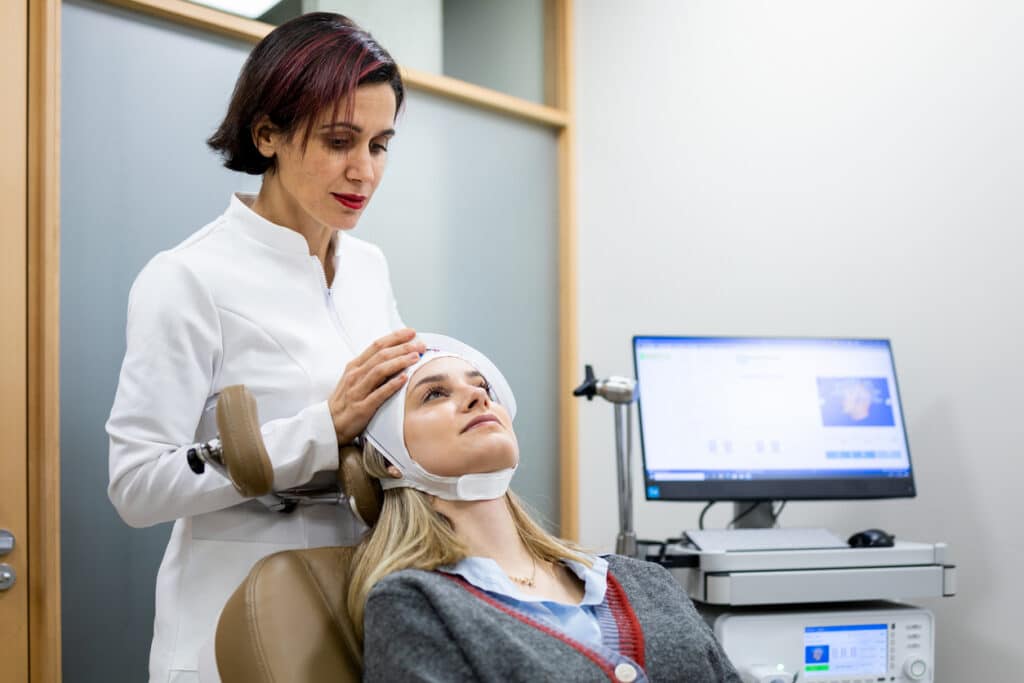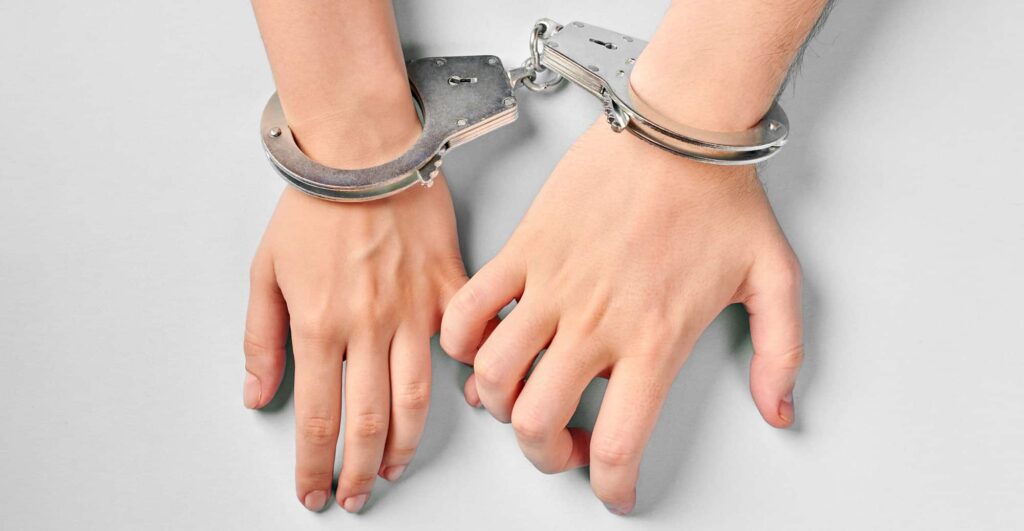By Anna McKenzie
Social media platforms are designed to show content that you’ll like and click on. This is how popular posts become more popular; it’s also how you tend to discover new content.
Because social media algorithms will serve up content related to what you’ve already interacted with, this can create a “rabbit hole” effect if left unchecked. If you continue clicking, you can be exposed to an endless stream of content that may become more niche or extreme in nature.
In this way, social media algorithms can easily take advantage of users. After all, the goal is to keep your attention, not to promote your health; this can foster compulsory usage and even an addiction to social media.
Can social media algorithms be altered so that they don’t lead users down a toxic path? Even if so, how can we protect ourselves — and especially more vulnerable users, like children and teens — in the meantime?
Negative Effects of Algorithms in Social Media
Why is social media harmful? It’s not just because of what’s being shared or what you might be exposed to; it’s because your attention is what’s for sale. Social media platforms are free because advertisers pay to get access to you. That’s how advertising works. The problem is that these platforms have capitalized on what gets your attention: things that are shocking, extreme, inflammatory, emotional, and stimulating.
You engage with content that is enjoyable or exciting; the social media algorithm is programmed to provide you with more. The negative effects of algorithms come when “more” means more provocative, to the expense of your mental or emotional health. For instance, a Wall Street Journal investigation uncovered how TikTok can easily expose users (especially children) to content that is far from age-appropriate, simply because it is programmed to increase the level of user engagement.

Social Media Effects on Teens
Social media provides us with images that are frequently not representative of reality. Many platforms have become little more than a venue for personal PR. With the amount of filtering, positioning, and editing going on, it becomes less clear what the truth is; other people’s lives always look more beautiful, more interesting, and more fun. It leads us to compare ourselves to others on a near-constant basis, increasing our depression and anxiety. We compare our real lives to an illusion, and it damages our sense of self.
With the amount of filtering, positioning, and editing going on, it becomes less clear what the truth is; other people’s lives always look more beautiful, more interesting, and more fun.
For this reason, social media’s effects on teens can be especially significant. For young users, social media can become a pressure cooker where individual image and social status must be constantly maintained; cyberbullying means personal attacks and emotional abuse can occur 24/7 through social platforms. On the other hand, likes and comments can yield dopamine hits that increase teens’ compulsory use of social media.
This has resulted in tragic outcomes. For example, a mother in Connecticut is suing Meta (the parent company of Facebook), Instagram, and Snapchat for their role in her 11-year-old daughter’s suicide. This young girl, not even a teenager, had a severe addiction to social media; her mother alleges that her use of the aforementioned platforms yielded effects like sleep deprivation, depression, eating disorders, and self-harm. She was also exposed to sexual solicitation from male users.
Specifically, Instagram has been shown to have negative effects on users, especially teens. The Wall Street Journal says leaked internal documents revealed that 32% of teen girls who felt bad about their bodies felt worse, thanks to Instagram; 17% said the platform worsened eating disorders; 13.5% said it worsened thoughts of suicide.
How to Manage Your Social Media Usage
So, what’s the best way to protect yourself and your loved ones from the negative effects of social media? It’s clear that you can’t rely on algorithms or machine learning to limit your exposure to what’s harmful. The first step is becoming aware of what social media platforms are designed to do; the next step is to moderate your usage and create healthy boundaries.
Notifications, likes, comments, and exciting content cause spikes of dopamine, a feel-good chemical in your brain. To keep yourself from compulsively seeking these spikes (which TIME magazine says can have a point of diminishing returns), seek other enjoyable activities. Meditation, exercise, being outdoors, and participating in your favorite hobbies can give you a more moderate, longer-lasting feeling of enjoyment.
Taking a break from social media is never a bad idea. Not only will it help you evaluate your usage, but it will give you back the energy and hours spent endlessly scrolling.
Taking a break from social media is never a bad idea. Not only will it help you evaluate your usage, but it will give you back the energy and hours spent endlessly scrolling. If you feel like you’re constantly checking social media, limit your use to certain times of day or even give it up entirely for a week or a month. It will help you recognize who’s really in control: you, not the algorithms.
Help for Addiction and Mental Health Issues
If you or a loved one is struggling with addiction or mental health issues related to or complicated by social media usage, contact our team at The Meadows today. Our research-backed programs provide comprehensive, innovative therapies that can help you heal and live a fulfilling life in recovery.



